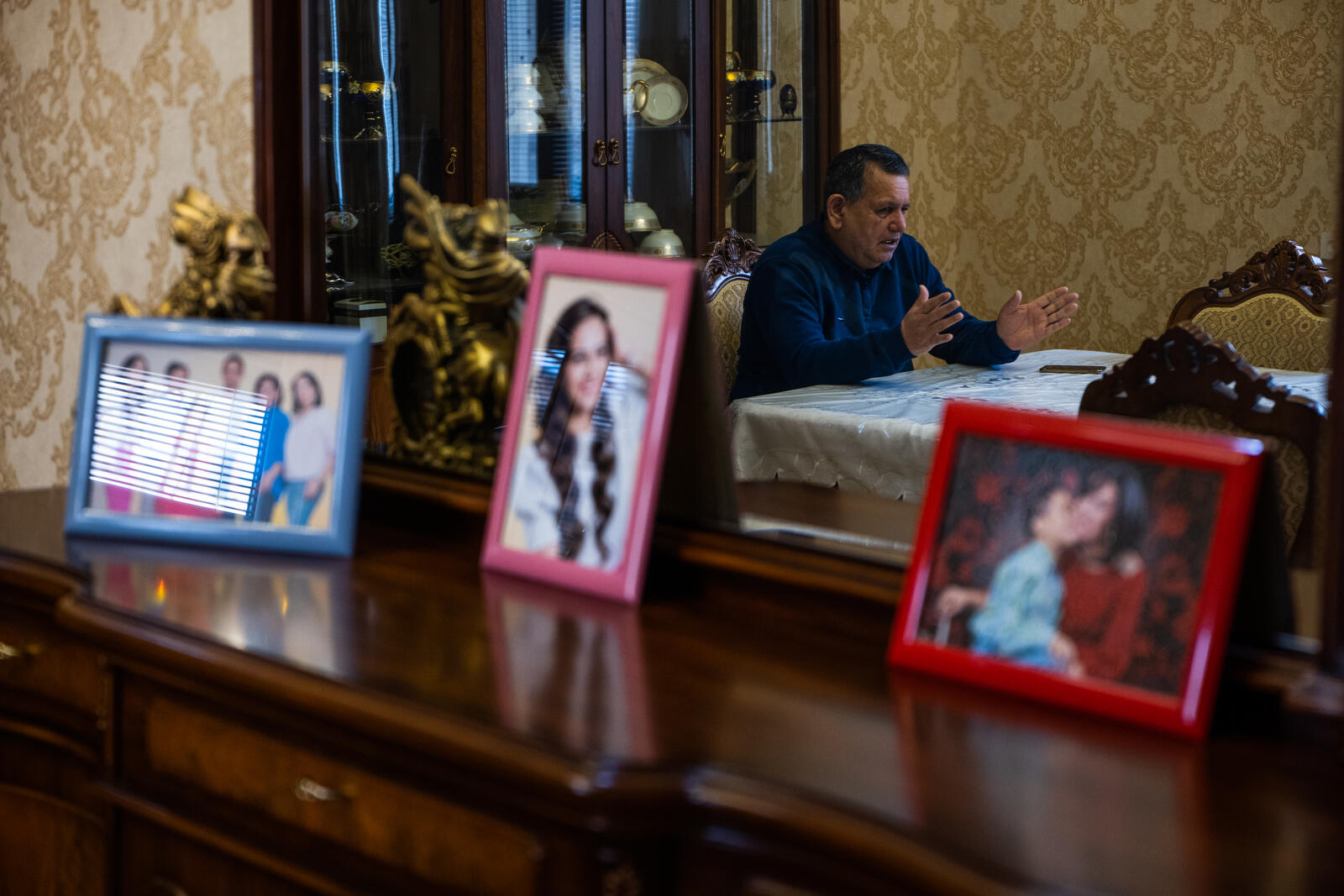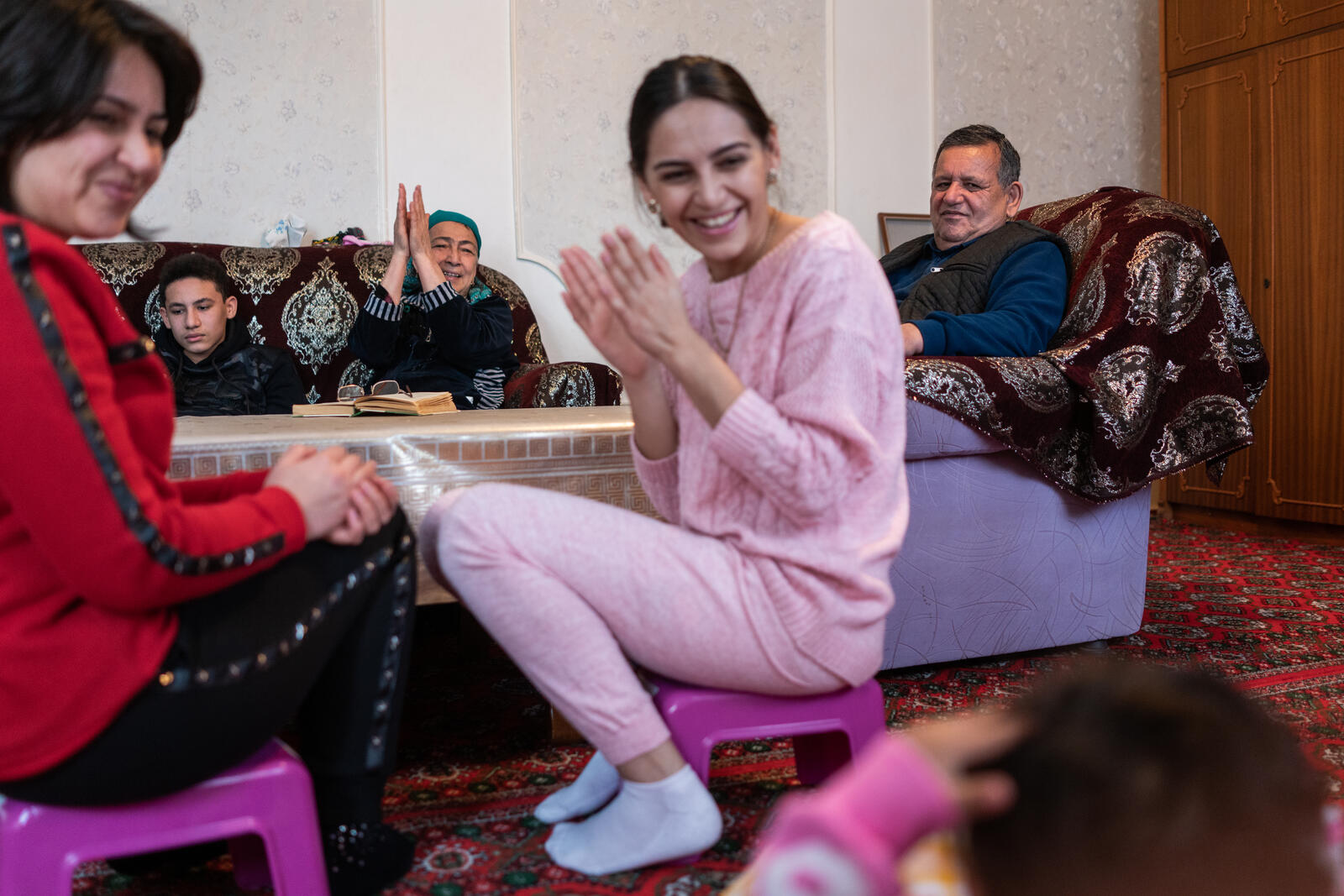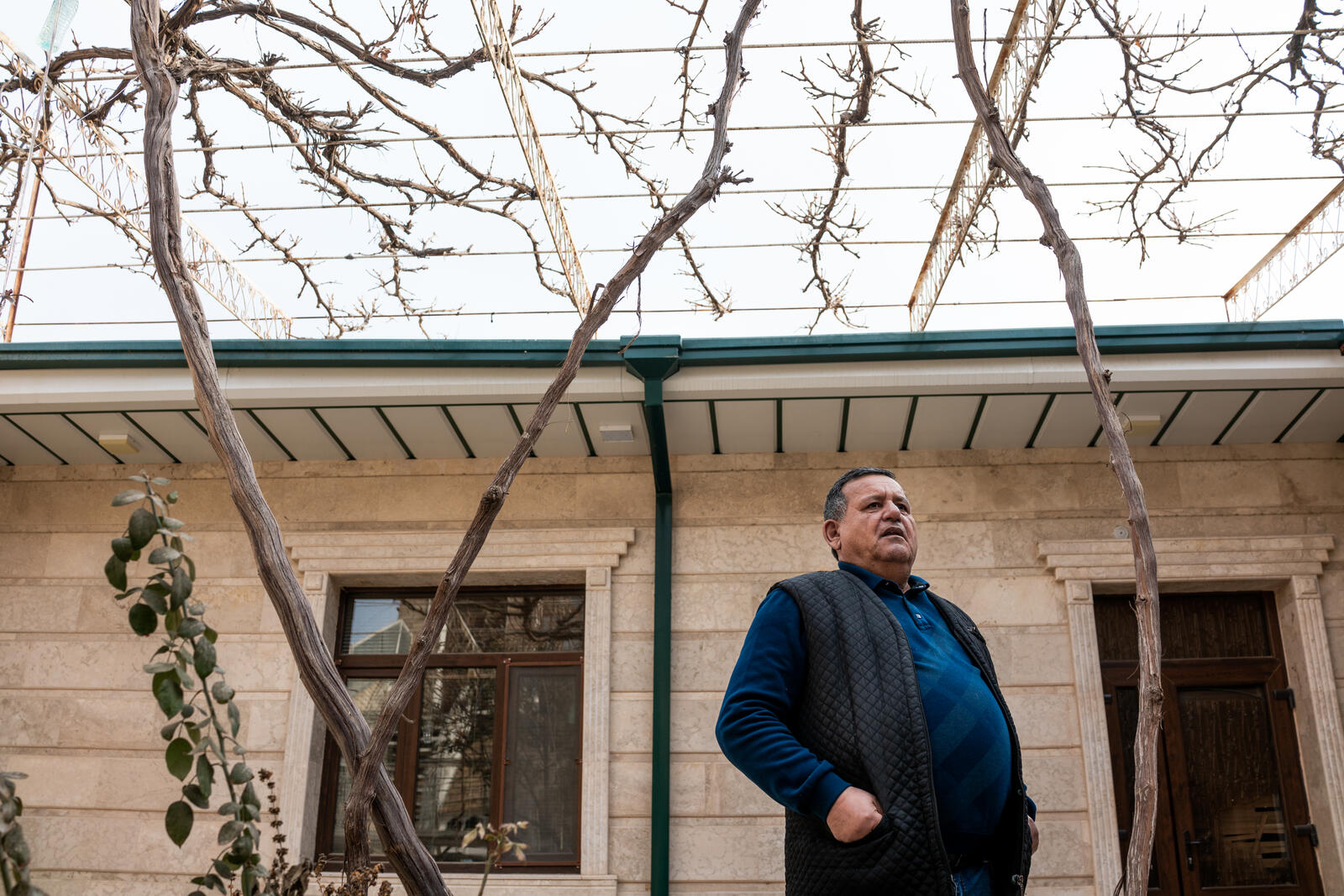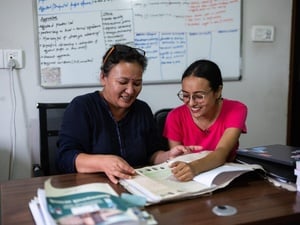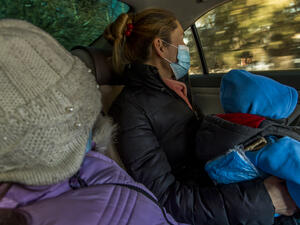Stateless no longer, a tourism professor dreams of future travel

Stateless no longer, a tourism professor dreams of future travel
Standing in a small auditorium at Bukhara State University in central Uzbekistan, Bakhtiyor Navruzzoda opens a tourism conference with a warm welcome to the participants. Due to travel restrictions related to the coronavirus pandemic, most of the participants have joined the conference virtually. But for the professor of Tourism Economics, limitations on travelling abroad have always been a challenge. For 27 years, Bakhtiyor had no nationality; he was stateless.
“I did my professional work, but it was difficult to go to conferences. I was in touch with other academics via email, we co-wrote articles, but it had a psychological effect on me – I wanted to meet with other experts,” he says. “It was a problem even to go to neighbouring Tajikistan and Kyrgyzstan. I had to go to Tashkent [Uzbekistan’s capital, located 550 km from Bukhara] each time I wanted to apply for a visa. I missed many professional opportunities.”
Ever since President Shavkat Mirziyoyev came to power in late 2016, Uzbekistan began to open up economically and politically. The new president also promised to create a means for acquiring the citizenship for over 97,000 stateless people living in the country. In April 2020, a new article of the citizenship law entered into force, entitling some 50,000 stateless people to receive Uzbek nationality.
Bakhtiyor had previously applied for citizenship three times to no avail. But as a result of the new law, he received confirmation of Uzbek nationality in May 2020.
“Our constitution says that after five years of permanent residency, people can apply for citizenship, so I applied in 1998 but in 2002 I received a rejection. In 2003, I applied again and then again. I received three refusals. After that, I had no hope,” Bakhtiyor says. “Receiving a refusal was a humiliating experience. I am a law-abiding citizen: I teach, I only live my life.”
“Receiving a refusal was a humiliating experience. I am a law-abiding citizen: I teach, I only live my life.”
For the most part, statelessness in Central Asia is a direct result of the 1991 collapse of the Soviet Union, a superpower which stretched from the Baltic Republics in the west to the easternmost corners of Russia and Central Asia. Citizens of the USSR were free to travel between the republics. Identities were fluid and freedom of movement guaranteed.
Bakhtiyor was born in 1953 in Bukhara, a Tajik-speaking city in the Socialist Republic of Uzbekistan. When he finished high school, he decided to continue his studies in Tajikistan. He went on to study Economics at a university in Dushanbe and after obtaining his degree, he stayed at the university as a lecturer.
In 1993, Bakhtiyor, his wife and three daughters moved back to Uzbekistan, but they had missed a deadline to prove entitlement to citizenship, following the dissolution of the Soviet Union. Just like thousands of other people who were not residents of Uzbekistan before July 1992, they became stateless.
For an average stateless resident in Uzbekistan, life without citizenship was manageable. Unlike in many other countries, stateless people have been registered by the government, retaining most of the same rights as citizens, except for the right to vote and to run for political office. But for Bakhtiyor, it also meant severe obstacles in his professional career.
Travelling abroad was one of them. Stateless people could apply for a travel document which would allow them to cross international borders. However, like many stateless people with the so-called ‘grey passport’, Bakhtiyor found that getting foreign visas was time-consuming and often impossible. But travelling was not the only obstacle he faced.
“The scientific council for thesis defence in Samarkand wanted to appoint me as a member, but the academic commission said no. Even though I was a scientist and a university professor, I was not a citizen,” says Bakhtiyor, who only became a council member after Mirziyoyev became president.
“There was always this feeling inside of me that I am not a citizen. The country will not defend me. The country is supposed to protect its citizens, but I am not one of them. I work, I write books, I have many achievements, but I don’t have a citizenship. It was a very strong feeling,” he says.
“There was always this feeling inside of me that I am not a citizen... I work, I write books, I have many achievements, but I don’t have a citizenship.”
Bakhtiyor received Uzbek citizenship in May 2020, just as the coronavirus pandemic was leading to lockdowns and travel restrictions globally. He has not yet had the chance to use his new passport – but having waited decades to travel with ease, the additional wait does not faze him. With the situation improving, he believes that he will soon be able to travel.
As a professor of tourism, he dreams about visiting all the countries he was unable to see for most of his life.
“I would like to go to China to see the Great Wall, the Philippines, the Arab states. I teach tourism so I should see them all,” Bakhtiyor says. “Children who receive their passports at the age of 16 can only see a document. But citizenship is more than that, it has to be understood. You have to be stateless to understand its true meaning.”


